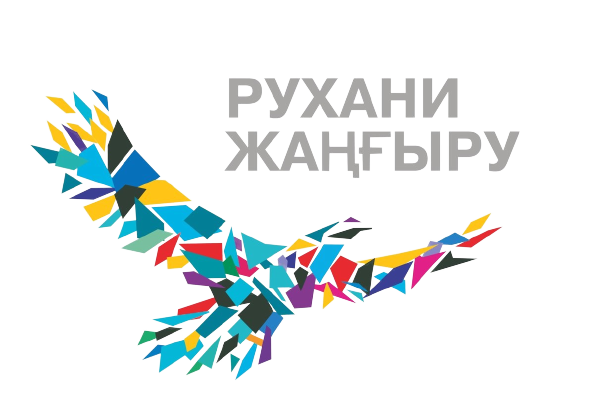Head of State K. Tokayev, on January 5, 2021 in his article “Independence Above All,” mentioned to historians about conducting research on the topic of famine in 1921-1922. In this regard, the Institute of History and Ethnology named after Sh.Sh. Ualikhanov began to implement several projects related to the history of this period. Currently, with the support of the Ministry of Science and Higher Education of the Republic of Kazakhstan, a project entitled “Mass famine in Kazakhstan in 1921-1922 and its consequences (based on new archival and written sources)” is being implemented and is in its final stage. The supervisor of this project is PhD M.M. Kozybaeva. She is also Director capital branch of the Institute of History and Ethnology named after Sh.Sh. Ualikhanov.
Within the project, on October 12, 2023, at the Institute of History and Ethnology named after Sh.Sh.Ualikhanov was held an international scientific and practical conference on topic “Problems of studying famine in Kazakhstan and adjacent territories in the early 20s of the 20th century: causes, scale and historical consequences.” Scientists from Novosibirsk, Samara, Bashkortostan, Uzbekistan, and Kyrgyzstan took part in the conference and shared their scientific research. Scientists from different regions of the country: Astana, Almaty, Kostanay, Petropavlovsk and Uralsk actively participated in the conference and made presentations. Among the participating scientists was a history teacher at 60 Lyceum in Astana, MA A.S.Khamitova, and she shared her scientific research.

At the end of the conference the following resolution was adopted:
1. Conference participants thanked the organizers;
2. Based on the results of the conference, it is recommended to publish a collection of its materials (provided according to the calendar plan);
3. The conference participants advocate the popularization of the results of modern research on the topic of famine in Kazakhstan and adjacent territories of the early 1920s, including on the basis of a critical analysis of the current state of historiography;
4. Development of new conceptual and methodological approaches to the study of the problem based on written data found in domestic and foreign archives, previously unknown archival materials with the aim of an objective and comprehensive study of the events of the early 20s of the last century;
5. The conference participants believe that the time has come to declassify previously closed documents on this topic both within the country and abroad, which will allow new archival materials and written data to be introduced into scientific circulation;
6. Conference participants emphasized the need for a comprehensive study of the areas most affected by famine in the early 1920s and 1930s based on interdisciplinary approaches;
7. It is necessary to emphasize the positive role of government agencies and foreign charitable organizations in providing assistance to those affected by famine, in eliminating the consequences of the famine of the early 1920s in Kazakhstan and adjacent territories;
8. We need to conduct a comparative study of the problems of refugees, street children, popular uprisings and uprisings and other negative phenomena during the famine of the early 1920s in Kazakhstan and the adjacent territories;
9. It is required to strengthen joint work with foreign scientists to determine the number of residents who migrated from their places of residence in Kazakhstan to other regions, including in neighboring regions, near and far abroad;
10. The participants of conference propose to introduce the results of joint research into the scientific and educational sphere, to promote the introduction of the latest achievements of historical science into the curriculum of higher educational institutions, secondary schools, as well as secondary and secondary specialized schools;
11. The conference participants consider it necessary to intensify efforts to widely disseminate the latest research achievements on this issue.




